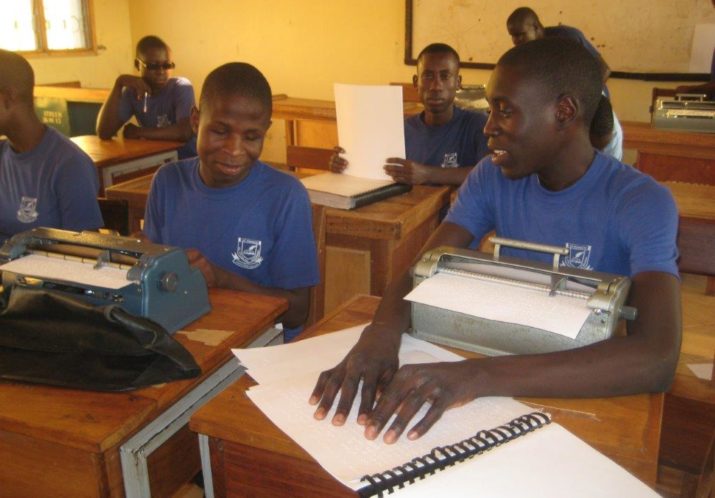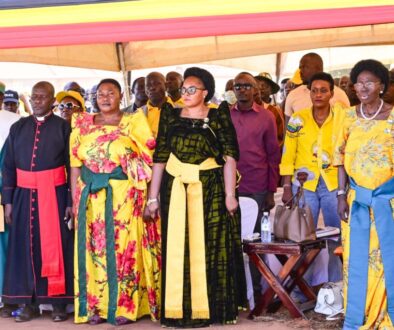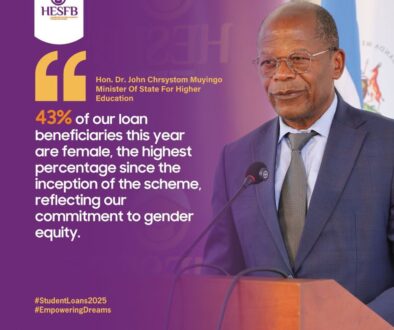Food shortage affects blind pupils attendance

CAPTION: St. Francis Primary School pupils in class recently. (File photo).
By Our reporter
SOROTI – Low attendance and participation at St. Francis Primary School for the Blind–Madera in Soroti City have been attributed to a persistent lack of food supply, which continues to plague the institution.
According to the headteacher, Sr. Rose Alyabo, the school’s primary struggle is providing consistent meals for the visually impaired learners, alongside accessing Braille learning materials.
Sr. Alyabo explained that the school heavily depends on the government’s shs2 million subvention grant, which is grossly inadequate compared to the shs17 million needed each term to feed the learners.
The situation is worsened by delays in support from both Vision for Africa and government programs.
She revealed that the school’s food supplier, who only delivers when funding from Vision for Africa is received, is currently demanding shs1.5 million, further complicating their ability to secure meals for the children.
Since the beginning of the second term, only 95 of the 122 enrolled students have reported back. Sr. Alyabo attributes this to parents’ reluctance, driven by fears over food insecurity at the school.
“We were able to reach 95 learners because we contacted their parents, informing them that a donor would be providing food for the school,” she shared.
She added that the school sometimes ends the term a week early when food stocks run critically low. Last term, community members came to the school’s rescue after a media report highlighted their plight, offering sliced sweet potatoes, dry cassava, and other meal items. This issue was underscored during a charity event organized by My Digital (MYD)—a digital marketing and advertising firm based in London—which donated food and non-food items worth shs7 million.
The donation included 200kg of posho, 100kg of rice, 50kg of sugar, five boxes of soap, 122 school bags, 50 buckets, and Braille paper, among other essentials. Sr. Alyabo acknowledged that the school was left with only a bag of maize flour and beans, all from MYD’s donation, which is expected to last just two weeks.
James Otai, Manager of MYD’s Soroti regional office, said their intervention was part of their effort to give back to the community after assessing the school’s dire conditions, including lack of bedding, food, and Braille materials.
Simon Opolot, the Inspector of Schools in Soroti City, called on the government to increase capitation grants for the institution, arguing that one child with a disability should be treated as equivalent to five able-bodied learners in terms of financial needs.
James Small Chemutai, the acting Resident City Commissioner of Soroti, emphasized that boosting support for the school would significantly enhance both educational access and the general welfare of these children.
He reaffirmed the city leadership’s commitment to inclusive education and called on more institutions to step in with support. Chemutai added that no one’s potential should be underestimated, as today’s challenges do not define tomorrow’s success.
Genavive Ademun, the school’s head girl, expressed gratitude on behalf of the learners, saying the donations would go a long way in easing their learning struggles.
Founded in 1955 by the Little Sisters of St. Francis of Assisi under Madera Parish, St. Francis Primary School for the Blind–Madera is a government-aided boarding primary school located in Majengo ‘A’ Cell, Soroti East Division.
It currently serves 122 learners with visual impairments, playing a vital role in their access to basic education.


